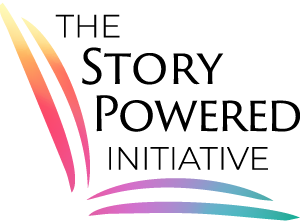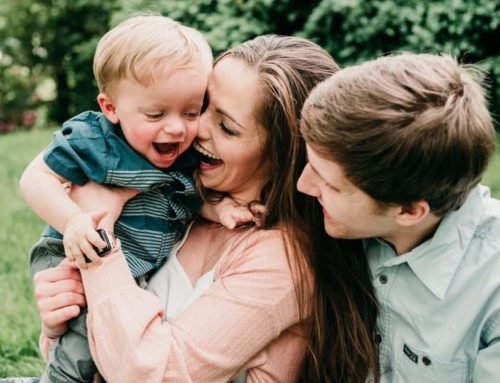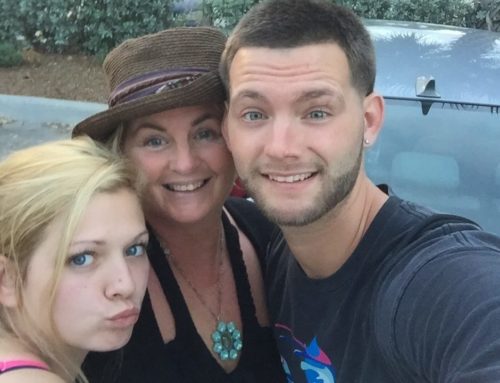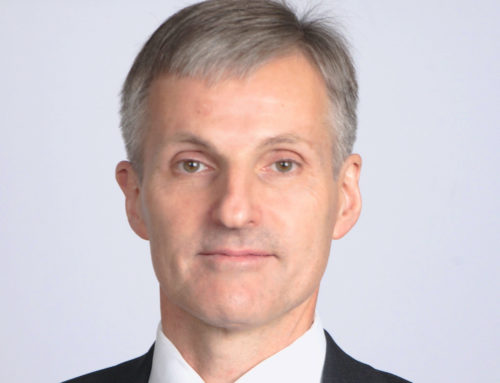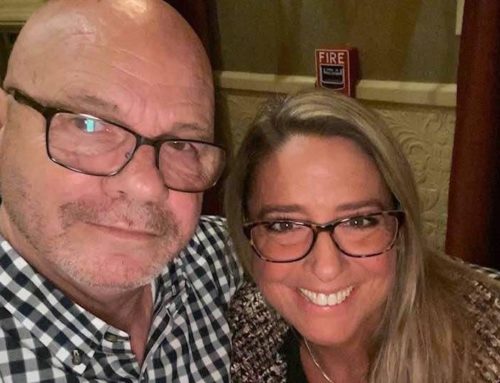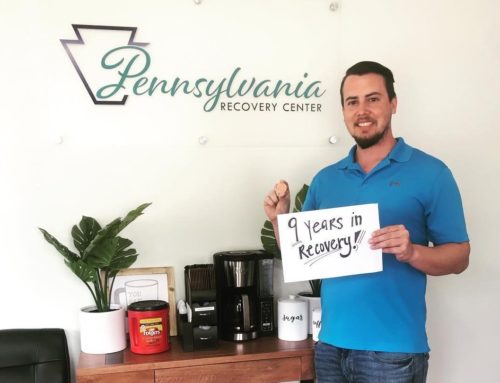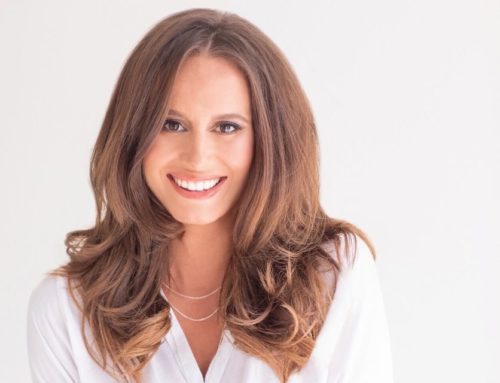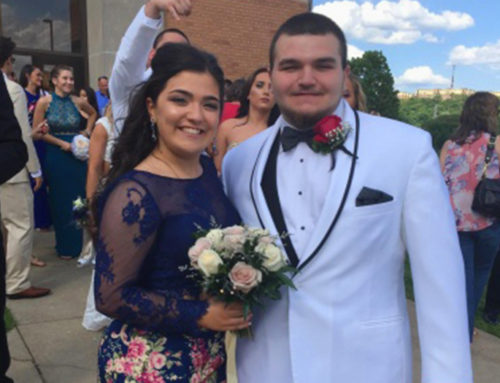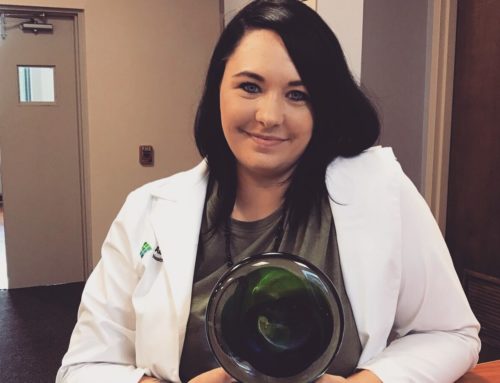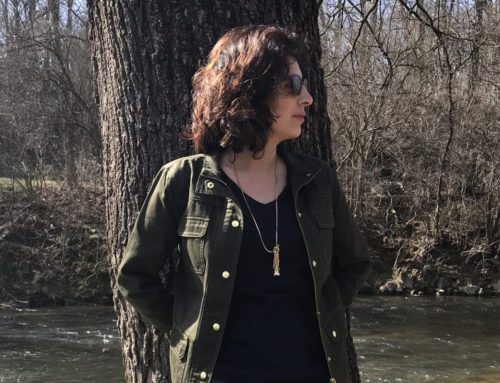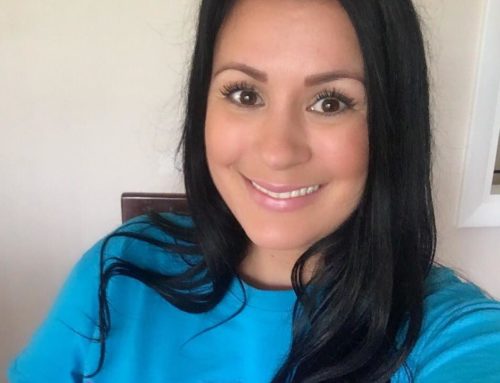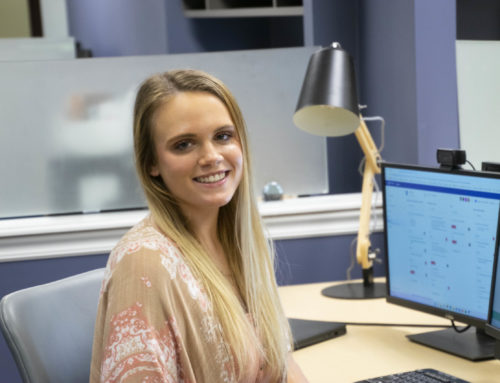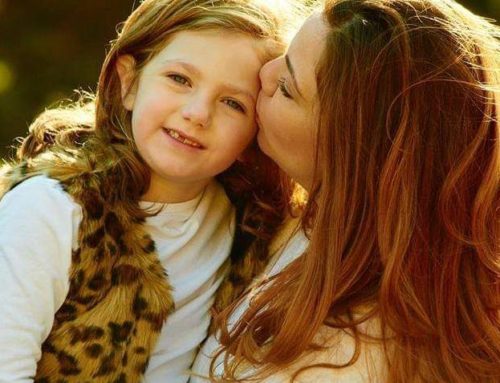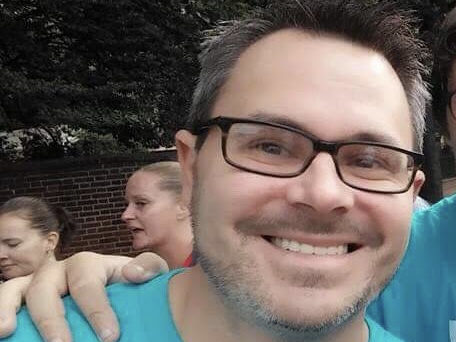
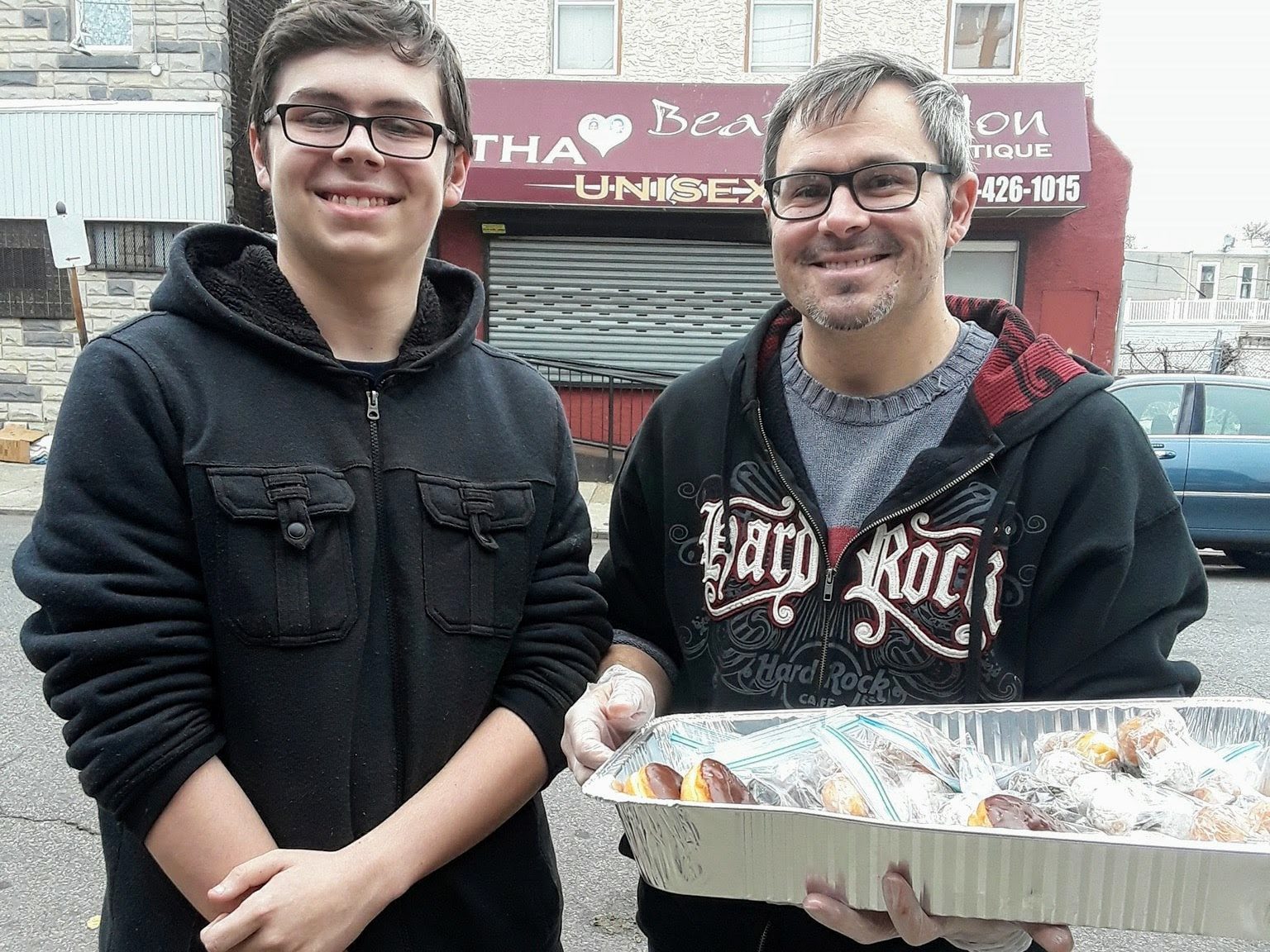
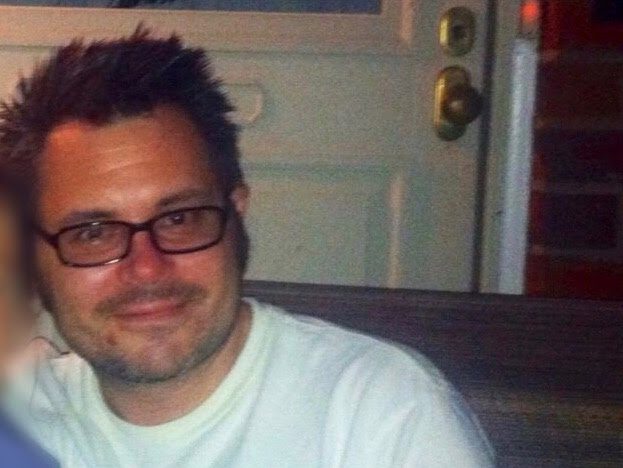
"I feel so much gratitude that I get to help others on their journey to recovery."
I grew up in a traditional, loving family environment with my mom, dad, and sister. My grandmother came over all the time, especially for Sunday dinners. In high school, I heard people talking about smoking marijuana, and I was curious. I began using pot with my friends recreationally when I was a teenager. On weekends when my friends and I were bored, we’d get high and drink. This became my routine.
I continued this behavior through my two failed attempts at college, but that progressed to cocaine and prescription opioid pain killers. In 2000, I started dating my now ex-wife who had prescription pain killers called Darvocet, which I started taking. My use and addiction became very serious, and I began using prescription opioid painkillers extensively.
A co-worker’s boyfriend was selling Oxycotin, which in the 2000s were inexpensive and easy to acquire. This progressed for a few years until the pills became too expensive. Years later I would find a new dealer who also sold heroin which was much cheaper. The first time I tried heroin, it was an intense and instantaneous experience. This escalated my addiction, and soon I was using heroin regularly. A pattern soon developed of getting money, driving down to Kensington, feeling the excitement, and then getting back in the car with heroin.
At this time, I had a good job, and I was making a good living, but it was all going to feed my habit. However, in 2011, I got fired, cashed out my 401k, to be able to keep feeding my addiction. In addition, I would sell the Adderall I was prescribed by my therapist for medical reasons to buy heroin.
My addiction was affecting all areas of my life. My wife and I got divorced, and I moved back in with my parents. My dad is prescribed pills for pain management for his back. Due to my addiction, he got a safety deposit box at a bank to lock his prescriptions in. During my addiction, I would steal his pain pills if he didn’t carefully keep them out of my reach. So, once a week he’d go get a week’s worth of his pills. My mom had to lock all her stuff in the trunk of her car to keep me from stealing it. I was using my dad’s car, and it ended up being impounded multiple times due to me being arrested and issued DUIs. At one point, I ended up totaling a brand new car going up to Philly one day to get heroin. My life was completely imploding. In the height of my addiction, my focus was on how to get a ride, get money, and get heroin. Addiction is so encompassing and it’s so fast that it distracts from the horrible, awful wreckage that you’re creating.
Finally, the last time I got arrested in December 2014 everybody was done with me. My parents had to call the police and have me arrested; my mom took custody of my son. I was in jail with nothing; I had nobody to call, I didn’t get any letters or money. I sat there for four months blaming everybody.
But during this time I had to sit there with my thoughts and actually reflect on my life. I knew I had to take ownership of my life because there was nobody left to blame.
When I got out of jail I was going to be homeless. Rehab was recommended, and I only said yes because I had nowhere else to go. I couldn’t get kicked out, because I had nowhere to live. I still had no one to talk to; I couldn’t make phone calls, I wasn’t writing letters, and I had no money. I started really listening to the information being presented. It wasn’t new to me, but I was finally ready to hear it and acknowledge the part I played in all of it. When my time at rehab ended I was again going to be homeless, so I entered a halfway house. I got accepted to the Harwood house in Upper Darby.
When I got to Hardwood I did what they suggested at rehab: attend the meetings and participate in groups. I would sit there and listen to these older guys talking about their wives, kids, and bills, but they were talking about it with recovery language. At that point I realized the importance of changing my behaviors, and how I perceive and react to situations. I ended up being at Harwood four months and two days.
During this time it was really hard to get a job. I didn’t have any felonies, but I have a lot of misdemeanors. I got hired at six places who all rescinded the offer when they got my background check back, and that amount of rejection that early in recovery was hard. I had no way of numbing my emotions, the rejection, fear, and inadequacy was really hard. But I would talk it over with my peers and the staff at Hardwood. When I left Harwood I moved into a recovery house, then a sober house, and then I moved back in with my parents.
My dad had to have a triple bypass surgery, and I was finally able to really be there for my family and offer my parents emotional support due to my recovery. My family trusts me now and values my opinion. My mom doesn’t have to lock her purse in the trunk, my dad doesn’t have to lock his pills in a bank safety deposit box. I realized that the amount of emotional stress I caused my family during my active addiction. Today, I am there for my son. When he has an issue at school, he can come home and talk to me about it. We hang out and watch TV, we never had that before. I’m able to be emotionally present today. The biggest change in my recovery is the weight that’s been removed from my family and they can now rely on me for support. I didn’t know that I could actually enjoy being alive, but being able to be there for them is meaningful to me.
Recovery is still challenging for me, I think about addiction every day. On Sunday mornings I take my son down to the last stop on Summerset, and we feed the homeless in Kensington. Out of the corner of my eye when I see them selling heroin, in the moment I’m fine. Yet, after I leave, I can’t control the thought of using coming, but I can control what I do with that thought process. I reach out to people and talk about it; I don’t try to fight it alone. I have a lot of friends who work jobs who can’t talk about their sobriety or recovery or any of that. I know how blessed I am that there’s nobody that doesn’t know; no one that judges me in my professional life.
Today I’m a certified recovery specialist and a program worker at Harwood. I feel very blessed to now work at Harwood, thus recovery permeates every area of my life. I feel so much gratitude that I get to help others on their journey to recovery. Unfortunately, I also witness the hardships of addiction working at Harwood. Recently, I found a young man who overdosed on the floor in the bathroom. I got the Narcan, called 911, started chest compressions, but he didn’t make it. He had only been at Harwood a few weeks; I recognize that the initial steps on the road to recovery can be very challenging. I also volunteer with a group, Bridge to Recovery Foundation, that is trying to address the opioid crisis. We raise money to try to bridge the gaps in between addiction and recovery. The Bridge to Recovery Foundation has an annual event, an overdose awareness day and memorial walk for people that have lost loved ones to addiction as well as people in recovery. I have also helped start a nonprofit organization called Goods&Services to help build relationships with the homeless population in Kensington, PA. Through our Kensington Cares Outreach we provide food, clothes, and compassion every Sunday to anyone who needs it.
This is why I am sharing my story; when people come into recovery they need to be empowered. They need to know that they deserve to be happy, that they deserve to have a chance. Everyone deserves a respite from the horribleness, and they need to know that they’re worth it and it can get better.
